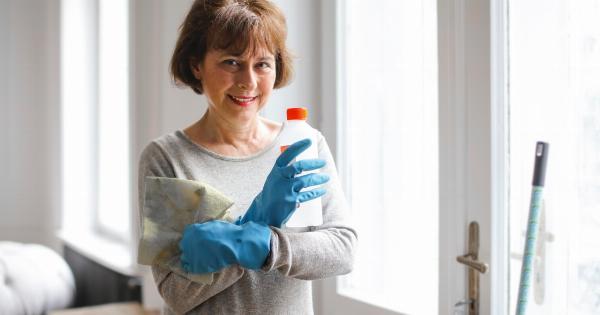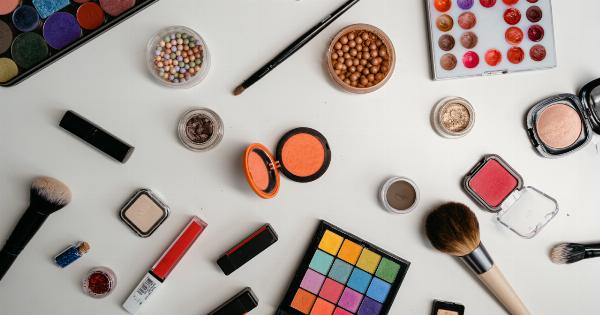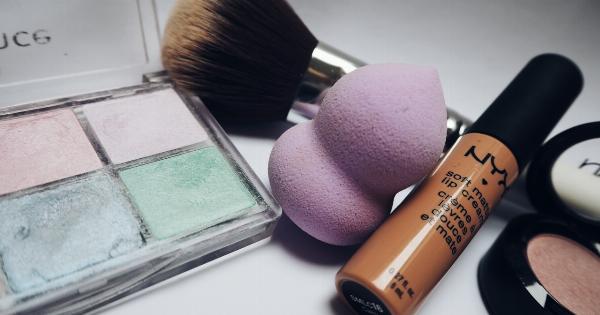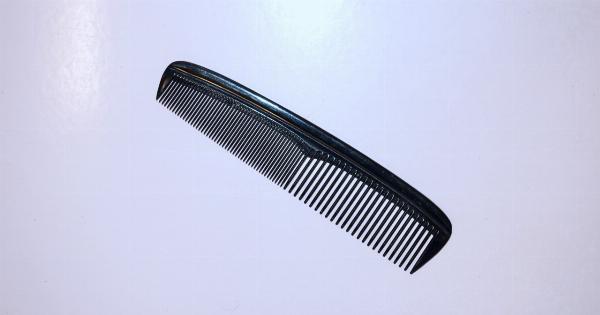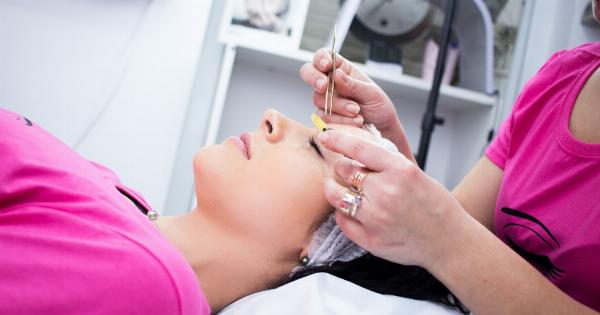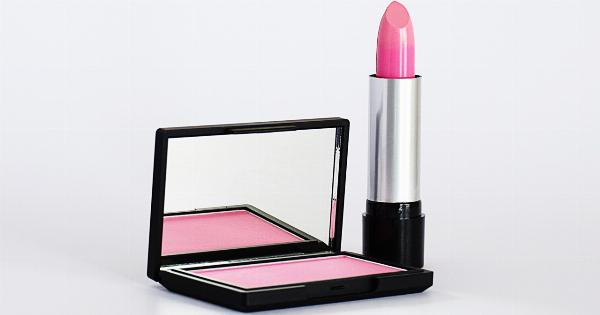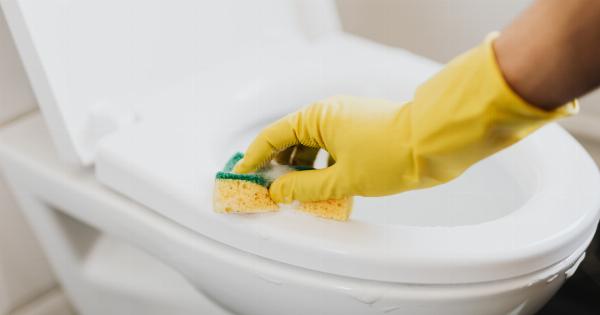Every day, we come into contact with numerous items that may seem harmless but can actually increase our vulnerability to illness.
From the cell phone we constantly hold to the doorknob we touch several times a day, these seemingly innocent items can harbor bacteria, viruses, and other harmful microorganisms. In this article, we will uncover some everyday items that unknowingly contribute to our susceptibility to illness.
1. Cell Phones
Cell phones have become an essential part of our lives, but they can also be a breeding ground for bacteria. Studies have shown that cell phones harbor up to ten times more bacteria than a toilet seat.
This is mainly due to the fact that we often use our phones in various environments and rarely clean them. To reduce your vulnerability to illness, it is important to regularly clean your cell phone with disinfectant wipes or alcohol solutions.
2. Computer Keyboards
Keyboards are another everyday item that can increase our vulnerability to illness. Whether we use them at work or at home, keyboards are constantly exposed to dust, food particles, and even microscopic droplets from coughs and sneezes.
Regularly cleaning your keyboard with compressed air and disinfectant wipes can help reduce the risk of getting sick.
3. Kitchen Sponges
Kitchen sponges are meant to clean our dishes, but they often become breeding grounds for bacteria and mold. When we use a sponge to clean dishes, we transfer the bacteria onto the surfaces we are trying to clean.
To minimize the risk of illness, it is recommended to replace kitchen sponges frequently and allow them to dry completely between uses.
4. Handbags and Wallets
We carry our handbags and wallets with us everywhere, placing them on various surfaces throughout the day. This constant exposure makes them a potential source of contamination.
A study found that handbags can carry more bacteria than the average toilet seat. Regularly wiping down your handbag or wallet with disinfectant wipes can help eliminate some of these harmful microorganisms.
5. Toothbrushes
Our toothbrushes are responsible for maintaining our oral hygiene, but they can also harbor bacteria, fungi, and viruses. After each use, toothbrushes should be thoroughly rinsed and allowed to air dry.
It is also recommended to replace toothbrushes every three to four months or sooner if the bristles become frayed.
6. Doorknobs
Doorknobs are unavoidable in our daily lives, and they are touched by multiple people throughout the day. This makes them a common source of contamination.
Cleaning doorknobs regularly with disinfectant can help reduce the risk of spreading germs and illness.
7. Remote Controls
Remote controls, whether for TVs or other devices, are often shared among family members or colleagues in offices. However, they are rarely cleaned or sanitized, allowing viruses and bacteria to linger on their surfaces.
To reduce your vulnerability to illness, wipe down remote controls regularly with disinfectant wipes or use a remote control cover that can be easily cleaned.
8. Makeup Brushes
Makeup brushes may seem harmless, but they can accumulate bacteria, oil, and dead skin cells over time. When these brushes are reused without proper cleaning, they can cause breakouts and even infections.
Cleaning makeup brushes regularly with mild soap or brush cleansers can help keep them free from harmful microorganisms.
9. Towels
Towels, whether for hands or body, are frequently used by multiple people and can easily become a breeding ground for bacteria and fungi. Using clean towels and regularly washing them in hot water can help reduce the risk of illness.
10. Water Bottles
We often carry reusable water bottles with us to stay hydrated, but if not properly cleaned, they can become contaminated. Mold and bacteria can thrive in the moist environment of a water bottle.
Washing your water bottle daily with hot, soapy water and allowing it to air dry can help prevent the buildup of harmful microorganisms.
Conclusion
Being aware of everyday items that can increase our vulnerability to illness is crucial for maintaining our health.
By regularly cleaning and disinfecting items such as cell phones, computer keyboards, kitchen sponges, handbags, toothbrushes, doorknobs, remote controls, makeup brushes, towels, and water bottles, we can minimize the risk of illness and promote a healthier lifestyle.









